Power
Health systems research is inherently political. It prompts us to grapple with issues of status and inequality. Issues of power and privilege can be built into the systems and institutions of research and academia which shape researchers’ views, actions, and room for manoeuvre when it comes to ethics. Researchers also need to consider how they relate to different groups with a stake in the outcomes of health systems research for example, health service users, communities, health workers, managers, policy makers and donors. Within these relationships various organisations and individuals wield different levels of power and influence over the research process.
Social science and feminist approaches to research ethics tend to have a strong emphasis on the relational elements of ethical practice, and of producing quality data. They stress the need to be aware of and pay attention to conflicting interpersonal relationships and power imbalances inherent in many research relationships, and there is interest in the political implications of the research endeavour.
At the institutional and structural levels there is a need to consider power imbalances and unearned privileges in the ways in which research partnerships and knowledge economies are conceptualised, financed and managed.
The resources begin with a review of the literature on power and health systems research by Sriram et al. (2018). A commentary by Sheikh et al. (2016) explores how power relations and privilege play out in the ways that global health agendas are set and argues for a more intersectional approach to recognising and tackling power imbalances. The paper by Benatar (2016) prompts us to look at global health framings, priorities and strategies – and how they shape or constrain thinking and action. The blog by Molyneux and Theobald (2018) explores both power and vulnerability in field work and the relationships between research partners.
A number of resources in this section address the issue of gendered power relations and health systems research. Three overview papers look at gender and intersectionality within the process of conceptualising and conducting health systems research. The article by Nordling (2017) explores what patriarchal power relations mean for field work in the Africa region. While the blog by Morgan (2016) asks us to consider power and privilege within our teaching practices.
Also included are articles on research partnerships with a focus on shared sovereignty and capacity development, inequities in global health and the need to decolonise health systems research. These resources cover issues like ‘trickle-down science’, foreign authorship, parachute researchers and donor censorship. Blogs on decolonising focus on consulting, theorising and activism.
In the book Structural Injustice: Power, Advantage, and Human Rights (2019) Madison Powers and Ruth Faden develop an innovative theory of structural injustice that links human rights and fairness norms. Norms of both kinds are grounded in an account of well-being. They explain the depth of unfairness of systematic patterns of disadvantage, and locate the unfairness of power relations in forms of control some groups have over the well-being of other groups.
Providing practical advice, the framework from the Canadian Coalition for Global Health Research suggests how greater equity might be fostered through applying principles of authentic partnering, inclusion, shared benefits, commitment to the future, responsiveness to causes of inequities, and humility.
Useful resources

Ethical Toolkit for Sharing Power with Communities in Priority-Setting for Health Research Projects
Find out about the Ethical Toolkit for Sharing Power with Communities in Priority-Setting for Health Research Projects in this short video introducing its purpose and content. The Ethical Toolkit is freely available at: https://www.researchforhealthjustice.com/

Non-White scientists appear on fewer editorial boards, spend more time under review, and receive fewer citations
Significance Empirical evidence suggests that non-White scientists experience various forms of inequality, creating barriers to their entry and participation in academic research. We contribute to this literature by examining disparities in i) editorial board representation, ii) time spent under review, and iii) citation rates. Using a dataset of 1,000,000 papers from six publishers over the […]

Latin America at the margins? Implications of the geographic and epistemic narrowing of ‘global’ health
ABSTRACT To explore the narrowing of the concept of ‘global’ in global health, this article traces how Latin America has held a place of both privilege and power as well as marginalisation in the field. We employ a modified extended case method to examine how Latin America has been ‘seen’ and ‘heard’ in understandings of […]

Exploring equity in global health collaborations: a qualitative study of donor and recipient power dynamics in Liberia
Abstract Introduction Global health collaborations between individuals from high-resource and low-resource settings are complex and often built on hierarchical structures and power differentials that are difficult to change. There have been many calls and frameworks developed to facilitate more equity within these collaborations, yet little is known about the lived experiences of global health donors […]

Three pathways to better recognize the expertise of Global South researchers
It is widely perceived how research institutes have been adopting the discourse of champions of diversity, inclusion, and equity (DEI) in recent years. Despite progress in diversity and inclusion in the academic environment, we highlight here that nothing or, at very best, little work has been done to overcome the scientific labor division in academic […]
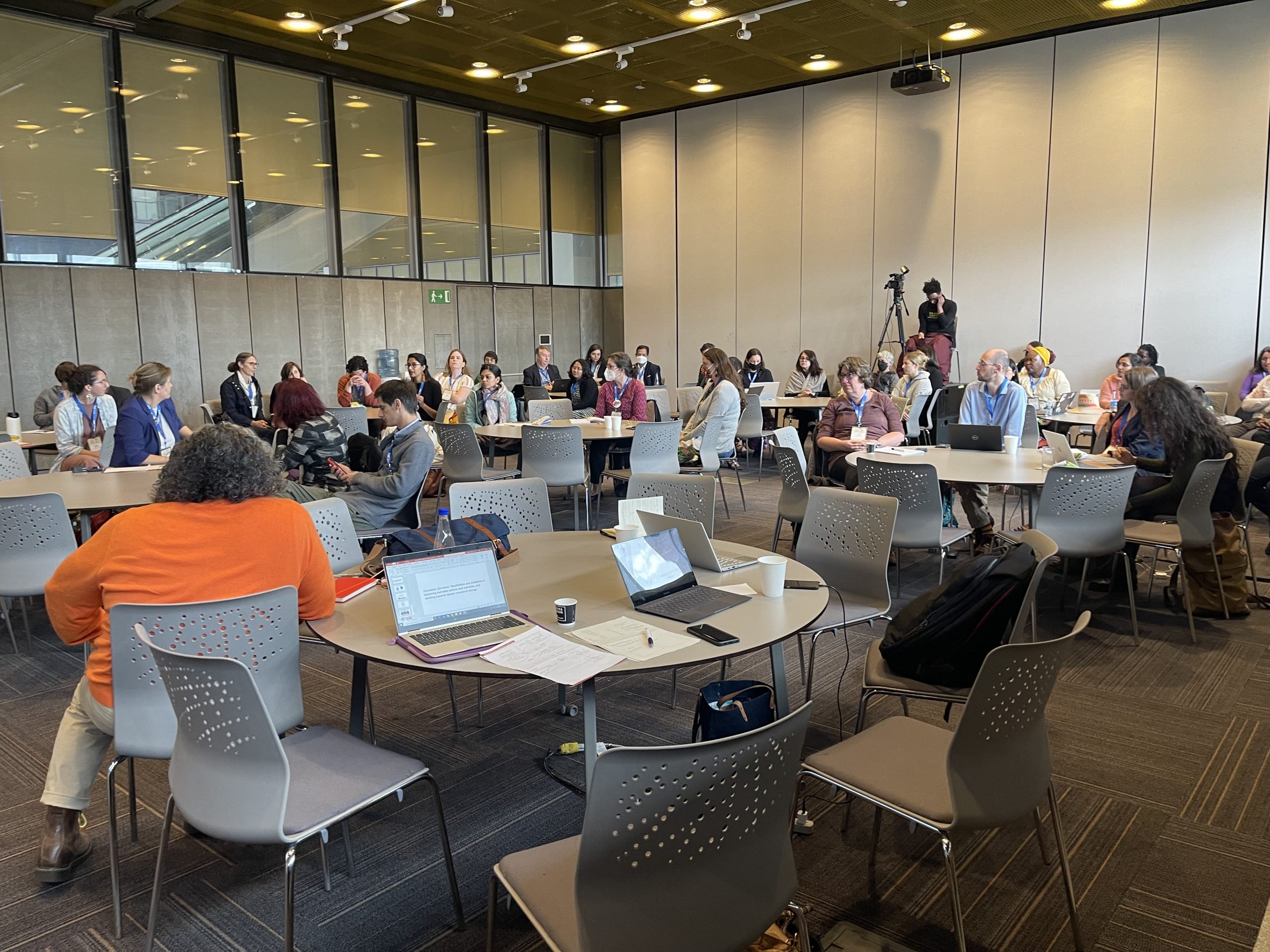
Justice concerns in HPSR and positive transformation
At the recent Global Symposium on Health Systems Research Sassy Molyneux and Seye Abimbola moderated a session organised by the Ethics and Justice Thematic Working Group. Nadia Tagoe, Kate Hawkins and Lynda Keeru report back. The session began with two recorded presentations by Bridget Pratt and Caesar Atuire on transforming HPSR from social justice and […]
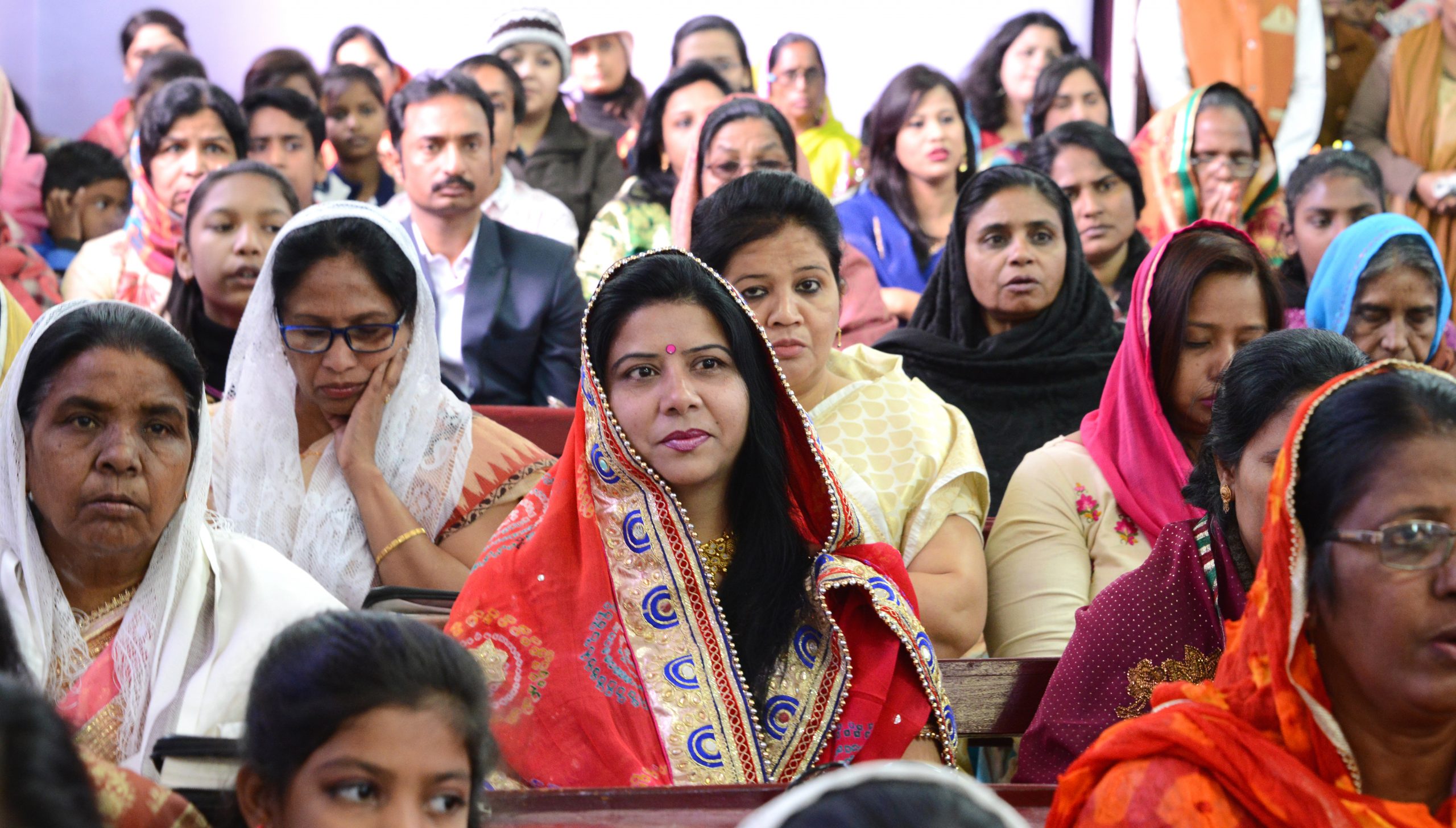
Overcoming structural barriers to sharing power with communities in global health research priority-setting: Lessons from the Participation for Local Action project in Karnataka, India
Abstract Community engagement is gaining prominence in global health research. But communities rarely have a say in the agendas or conduct of the very health research projects that aim to help them. This paper provides new evidence on how to share power in priority-setting in ways that seek to overcome structural constraints created by the […]
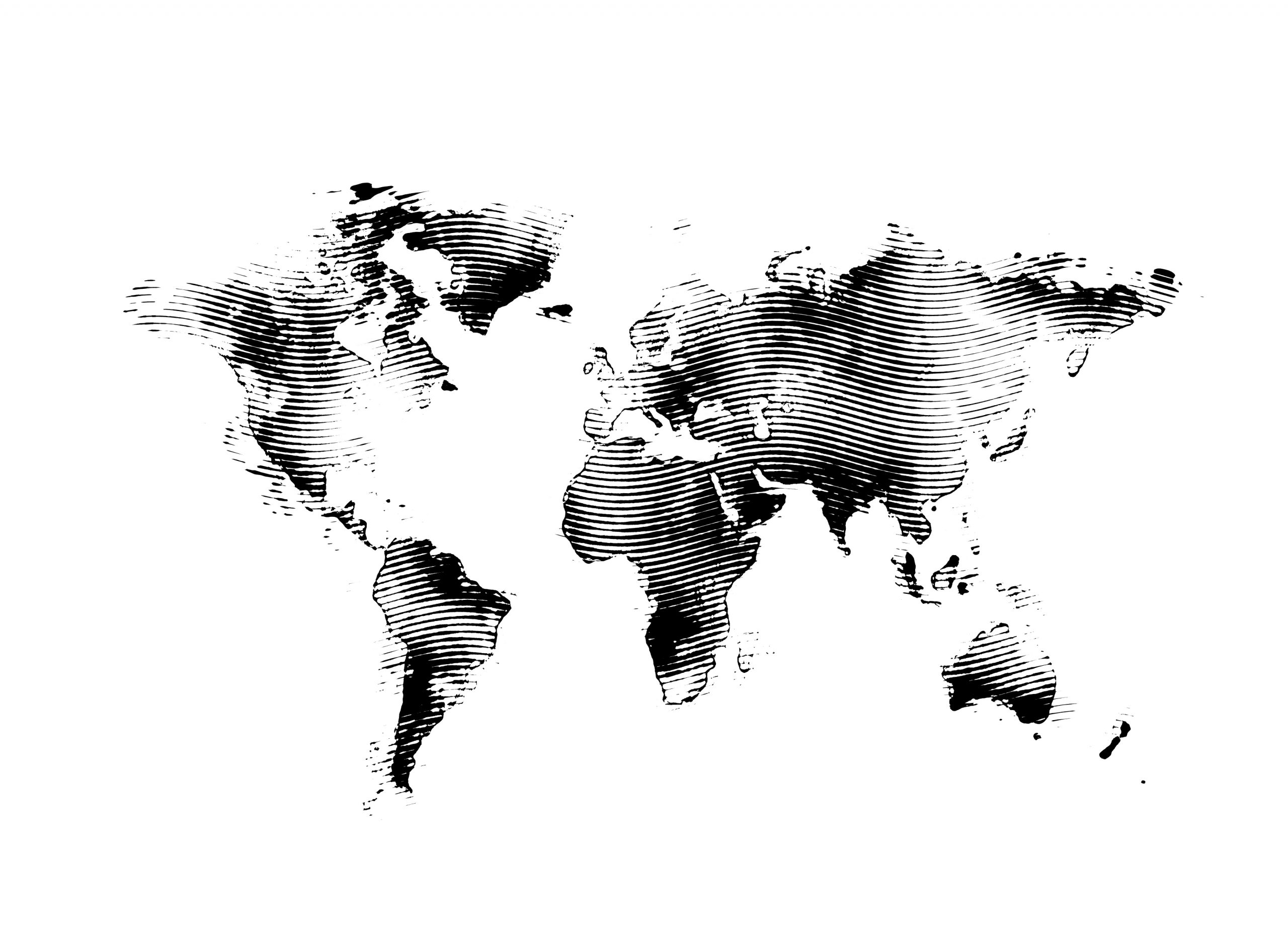
A Self-Reflexive Rebellion: Of Universality and False Empowerment of the Global South
Shaimaa Abdelkarim is a lecturer at Birmingham Law School. Farnush Ghadery is a Senior Lecturer in Law at London South Bank University. Jay Ramasubramanyam is an Assistant Professor in the Department of Social Science at York University, Toronto. Rohini Sen is a PhD candidate at Warwick School of Law and an Assistant Professor at the […]

Disrupting Global Health: From Allyship To Collective Liberation
Global health is a field that was born out of colonialism and white supremacy. Even today, it is neither diverse nor truly global. Every aspect of global health is dominated by individuals and institutions in high-income countries (HIC). This includes funding, authorship of publications, leadership of agencies, composition of boards, editorial positions, awards, and even participation in conferences. […]

‘You want to deal with power while riding on power’: global perspectives on power in participatory health research and co-production approaches
Abstract Introduction Power relations permeate research partnerships and compromise the ability of participatory research approaches to bring about transformational and sustainable change. This study aimed to explore how participatory health researchers engaged in co-production research perceive and experience ‘power’, and how it is discussed and addressed within the context of research partnerships. Methods Five online workshops were […]

A call to action to reform academic global health partnerships
The global health enterprise has contributed to improving the wellbeing of people and increasing access to health services. However, deep structural inequities persist between institutions from high-income countries (HICs) and those in low and middle-income countries (LMICs) in access to resources, training, and knowledge. This results in significant health inequities, lack of ownership, lost opportunities, […]

Letter to the Editor: Honorary Authorships in Surgical Literature
Letter to the Editor: Honorary Authorships in Surgical Literature In response to the article by JD Luiten and co-authors (WJS, March 2019) reporting their findings on continuing usage of honorary authorship, this letter seeks to highlight the complexity of conducting research in low- and middle-income countries (LMICs) and to encourage inclusiveness and meaningful recognition of […]
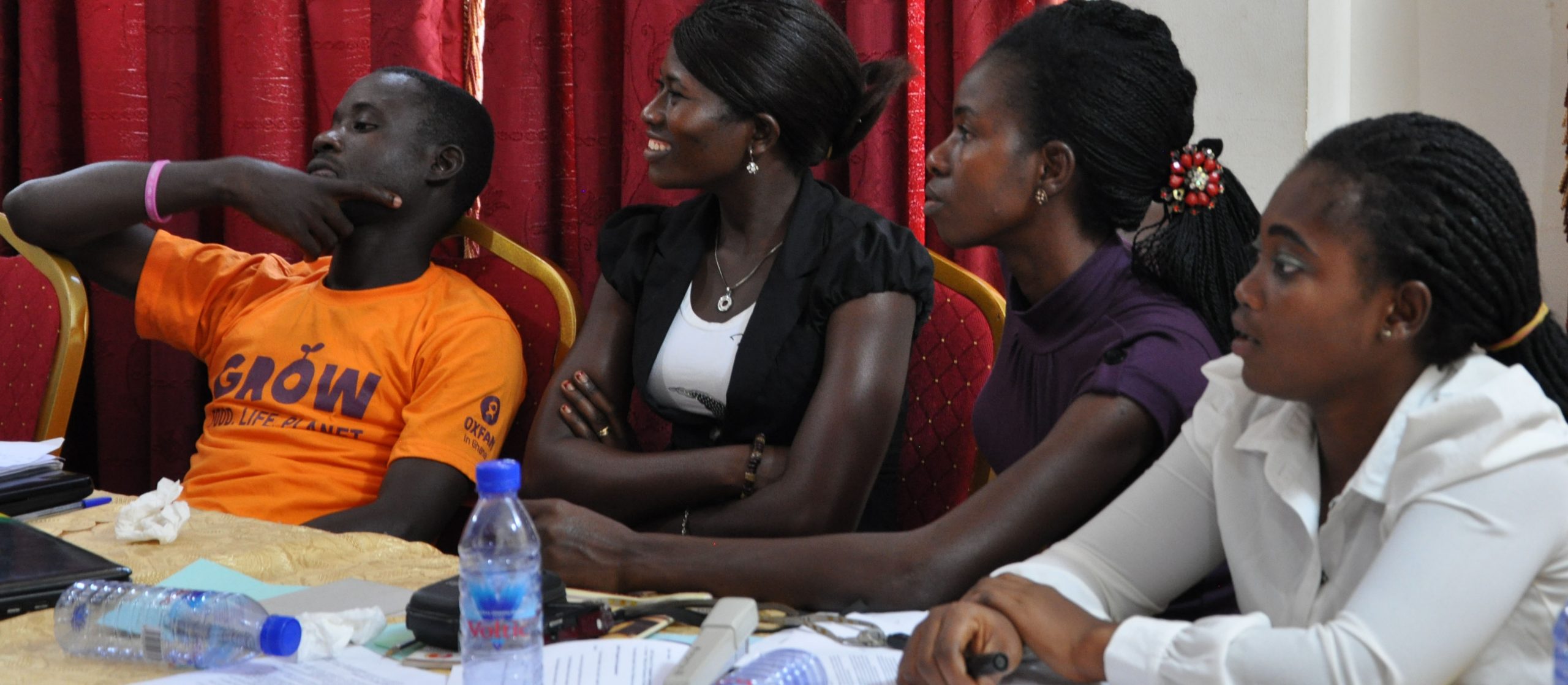
Where there is no local author: a network bibliometric analysis of authorship parasitism among research conducted in sub-Saharan Africa
Abstract Introduction Authorship parasitism (ie, no authors affiliated with the country in which the study took place) occurs frequently in research conducted in low-income and middle-income countries, despite published recommendations defining authorship criteria. The objective was to compare characteristics of articles exhibiting authorship parasitism in sub-Saharan Africa to articles with author representation from sub-Saharan African countries. […]

North-South Power Differentials and Competition in the Research Business
North-South Power Differentials and Competition in the Research Business Collaborative research is committed to a division of labour. To summarise, two different blocks emerge from the power relationships that characterise the production of knowledge. The first block includes (i) the “donor” who provides the research funding and determines the conditions on how to get access […]
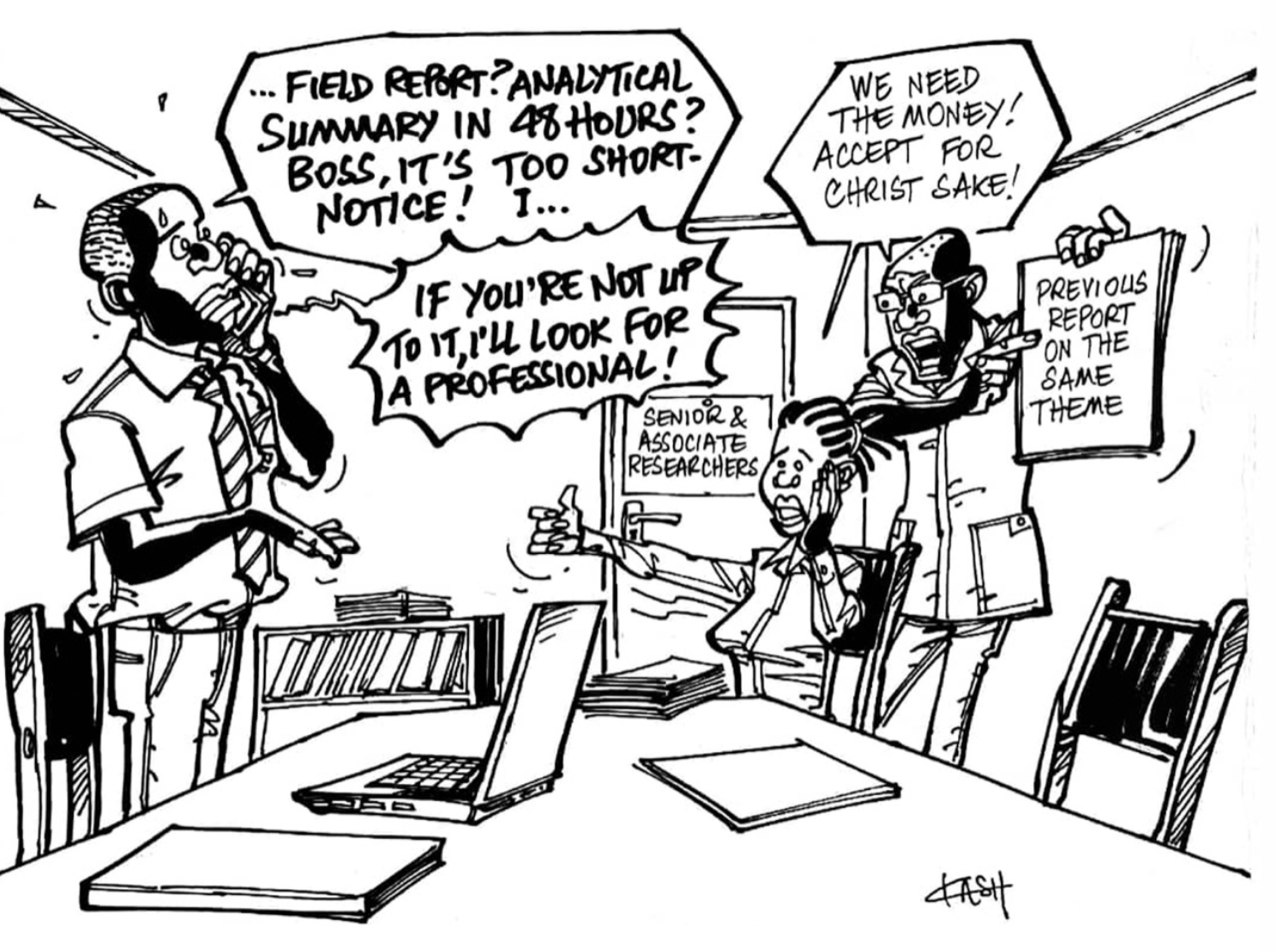
Remunerating Researchers from the Global South: A Source of Academic Prostitution?
Remunerating Researchers from the Global South: A Source of Academic Prostitution? While researchers from the Global North are granted a guaranteed salary, risk funds, and various forms of insurance, the same cannot be said for research assistants. The remunerative discrepancy between these two groups is a form of discrimination. It creates an imbalance between researchers […]
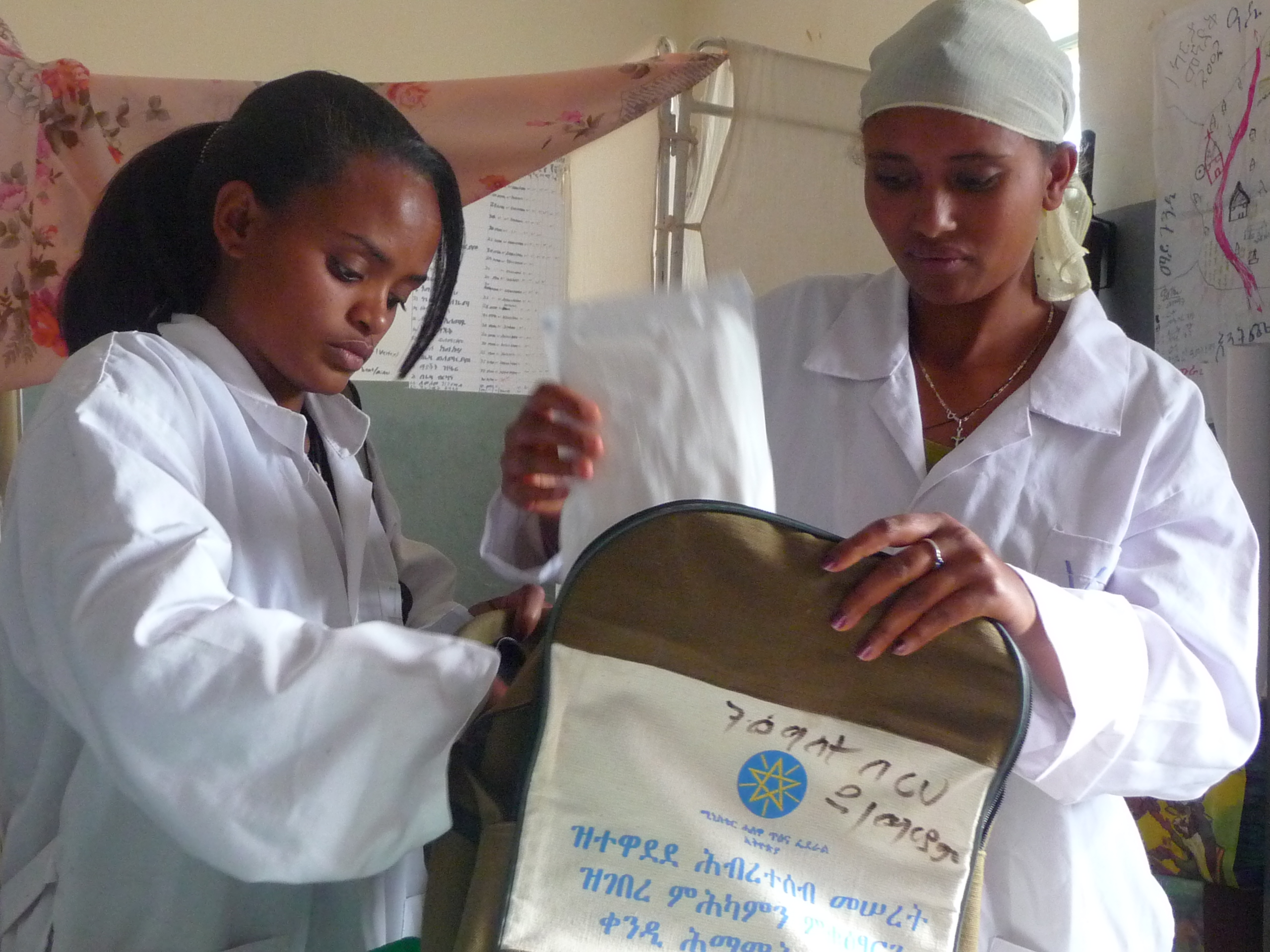
What is wrong with global health? So-called glorified data collectors in low-income regions
In a conversation with a friend (a well qualified epidemiologist, who trained at one of the top institutions in the world and is currently based at an institution in Africa), he acknowledged the power imbalances present in global health, describing his position of local research coordinator as a so-called glorified data collector. Through a deep […]
Addressing power asymmetries in global health: Imperatives in the wake of the COVID-19 pandemic
The Coronavirus Disease 2019 (COVID-19) pandemic, the Black Lives Matter and Women in Global Health movements, and ongoing calls to decolonise global health have all created space for uncomfortable but important conversations that reveal serious asymmetries of power and privilege that permeate all aspects of global health.In this article, we, a diverse, gender-balanced group of […]
A systematic review on ethical challenges of ‘field’ research in low-income and middle-income countries: respect, justice and beneficence for research staff?
Primary data collection in low-income and middle-income countries (LMICs) is associated with a range of ethical complexities. Considerations on how to adequately ensure the well-being of research staff are largely neglected in contemporary ethics discourse. This systematic review aims to identify the ethical challenges that research staff across different hierarchical levels and scientific disciplines face […]
Sharing power in global health research: an ethical toolkit for designing priority-setting processes that meaningfully include communities
To promote social justice and equity, global health research should meaningfully engage communities throughout projects: from setting agendas onwards. But communities, especially those that are considered disadvantaged or marginalised, rarely have a say in the priorities of the research projects that aim to help them. So far, there remains limited ethical guidance and resources on how […]
An African Reading of the COVID-19 Pandemic and the Stakes of Decolonization
The COVID-19 pandemic has so far revealed that the virus (SARS-CoV-2) does not only infect, weaken, and highlight weaknesses in human biological systems, but also the structural weaknesses of health systems at international and national levels. In this paper we examine the COVID-19 pandemic in Africa through a decolonization lens. Keeping in mind that there are […]
The activists trying to ‘decolonize’ global health
While the idea of decolonizing global health has gained prominence recently, it is not new. Discussions about the impact of the colonial legacy on health systems began with the end of the colonial system. A discussion among academics, activists, health practitioners, and others, that is taking on new urgency, as actors look to identify and […]
Decentering power in Health Policy and Systems Research: theorising from the margins
The field of Health Policy System Research (HPSR) offers us valuable theorisations and empirical work to guide us on how we can engage with the complex social, economic and political nature of health systems today. However, the field has not been able to fully grapple with the blind spots that are ever present in our reality. […]
10 Fixes for Global Health Consulting Malpractice
This problem of consulting malpractice is merely one facet of a larger issue of how global health, even today, is still colonial in many ways, and how high-income country experts and institutions are valued much more than expertise in low- and middle-income countries. This article makes suggestions on how global health consulting can be decolonised. Pai M (2019) 10 […]
Action to protect the independence and integrity of global health research
In a Viewpoint in the Lancet, experiences of censorship in donor-funded evaluation research were shared. The authors warned about a potential trend in which donors and their implementing partners use ethical and methodological arguments to undermine research. Reactions to the Viewpoint—and lively debate at the 2018 Global Symposium on Health Systems Research—suggest that similar experiences are common in implementation […]
Closing the door on parachutes and parasites
No one likes a parachute researcher: the one who drops into a country, makes use of the local infrastructure, personnel, and patients, and then goes home and writes an academic paper for a prestigious journal. This Lancet article suggests some ways in which this can be avoided and some of the ethical issues associated with […]
The foreign gaze: authorship in academic global health
This editorial is based on the author’s experiences as a journal editor, and an academic who has been a local researcher and a foreign researcher. It is also based on a constructed ‘ideal’ of how things might have been without global health research partnerships, and when (circa late 19th to mid-20th century) many of the countries […]
The problem of ‘trickle-down science’ from the Global North to the Global South
Countries in the Global South continue to struggle to train and retain good researchers and practitioners to address local, regional and global health challenges. As a result, there is an ongoing reliance on the Global North for solutions to local problems and an inability to develop alternative approaches to problem solving that take local (non-northern) […]
Structural Injustice Power, Advantage, and Human Rights
In this book Madison Powers and Ruth Faden develop an innovative theory of structural injustice that links human rights norms and fairness norms. Norms of both kinds are grounded in an account of well-being. Their well-being account provides the foundation for human rights, explains the depth of unfairness of systematic patterns of disadvantage, and locates […]
10 best resources on power in health policy and systems in low- and middle-income countries
Power is a critical concept to understand and transform health policy and systems. Power manifests implicitly or explicitly at multiple levels—local, national and global—and is present at each actor interface, therefore shaping all actions, processes and outcomes. Analysing and engaging with power has important potential for improving our understanding of the underlying causes of inequity, […]
Privilege and inclusivity in shaping Global Health agendas
Northern voices dominate Global Health discussions. How can it be acceptable that these groups continue to dominate in deciding what problems we think about in Global Health and how we approach them? The most excellent research study or Global Health program risks failure unless it is informed by and contextualized by the people close to […]
Navigating Between Stealth Advocacy and Unconscious Dogmatism: The Challenge of Researching the Norms, Politics and Power of Global Health
Global health research is essentially a normative undertaking: we use it to propose policies that ought to be implemented. To arrive at a normative conclusion in a logical way requires at least one normative premise, one that cannot be derived from empirical evidence alone. But there is no widely accepted normative premise for global health, […]
Politics, power, poverty and global health: systems and frames
Striking disparities in access to healthcare and in health outcomes are major characteristics of health across the globe. This inequitable state of global health and how it could be improved has become a highly popularized field of academic study. In a series of articles in this journal the roles of power and politics in global […]
The vulnerability and health research paradox: Ethics, gender, trust and power
This blog summarises a set of discussions on vulnerability, agency and resilience in a meeting organised by REACH it is framed around the paradox that: on the one hand research can be powerful tool for social justice in ensuring that interventions are evidence based; but on the other, there is need to protect ‘the vulnerable’ […]
Africa: Women’s invisible power
Carrying out research on the mechanisms and treatments of disease in sub-Saharan Africa is often conducted in the most traditional and patriarchal communities. These social structures complicate such processes as gaining consent and giving participants feedback on the findings. But researchers have begun to learn an important lesson: by making an effort to better understand […]
Power and privilege within health policy and systems research teaching
In this blog Rosemary Morgan outlines the ways in which power and privilege can be manifested within the teaching of health systems research. This includes in teaching processes as well as institutions. It touches on efforts to decolonise curricula and whether traditional teaching reproduces inequities; explores how gender effects how students view their tutors; and introduces an […]
CCGHR Principles for Global Health Research
Health inequities are often avoidable consequences of actions and contexts that disproportionately advantage some groups over others. These negatively affect human rights, including the right to health. Global health research aims to promote greater equity worldwide. The principles of Authentic Partnering, Inclusion, Shared Benefits, Commitment to the Future, Responsiveness to Causes of Inequities, and Humility […]
Knowledge, moral claims and the exercise of power in global health
A number of individuals and organizations have considerable influence over the selection of global health priorities and strategies. For some that influence derives from control over financial resources. For others it comes from expertise and claims to moral authority—what can be termed, respectively, epistemic and normative power. In contrast to financial power, we commonly take […]
Using Intersectionality to better understand health system resilience
In dealing with complex systems and multiple actors, operating at different levels of the health system and influenced by power relations, the research lends itself to intersectionality analysis – an approach that focuses attention on studying the interaction of different factors or social categories (rather than each in isolation or as simply additive), and the power […]
Research capacity building—obligations for global health partners
This commentary argues that, “addressing the gap in research capacity in low- and middle-income countries is pivotal in ensuring broad-based systems improvement, with local knowledge and training being central to responsive health system development, proper governance, and responsible government.” Commentary: Beran D, Byass P, Gbakima A, Kahn K, Sankoh O, Tollman S, Witham M and […]
Governance of global health research consortia: Sharing sovereignty and resources within Future Health Systems
Global health research partnerships are increasingly taking the form of consortia that conduct programs of research in low and middle-income countries (LMICs). An ethical framework has been developed that describes how the governance of consortia comprised of institutions from high-income countries and LMICs should be structured to promote health equity. It encompasses initial guidance for […]
How to do (or not to do)… gender analysis in health systems research
Gender—the socially constructed roles, behaviours, activities and attributes that a given society considers appropriate for males, females and other genders—affects how people live, work and relate to each other at all levels, including in relation to the health system. Health systems research (HSR) aims to inform more strategic, effective and equitable health systems interventions, programs […]

